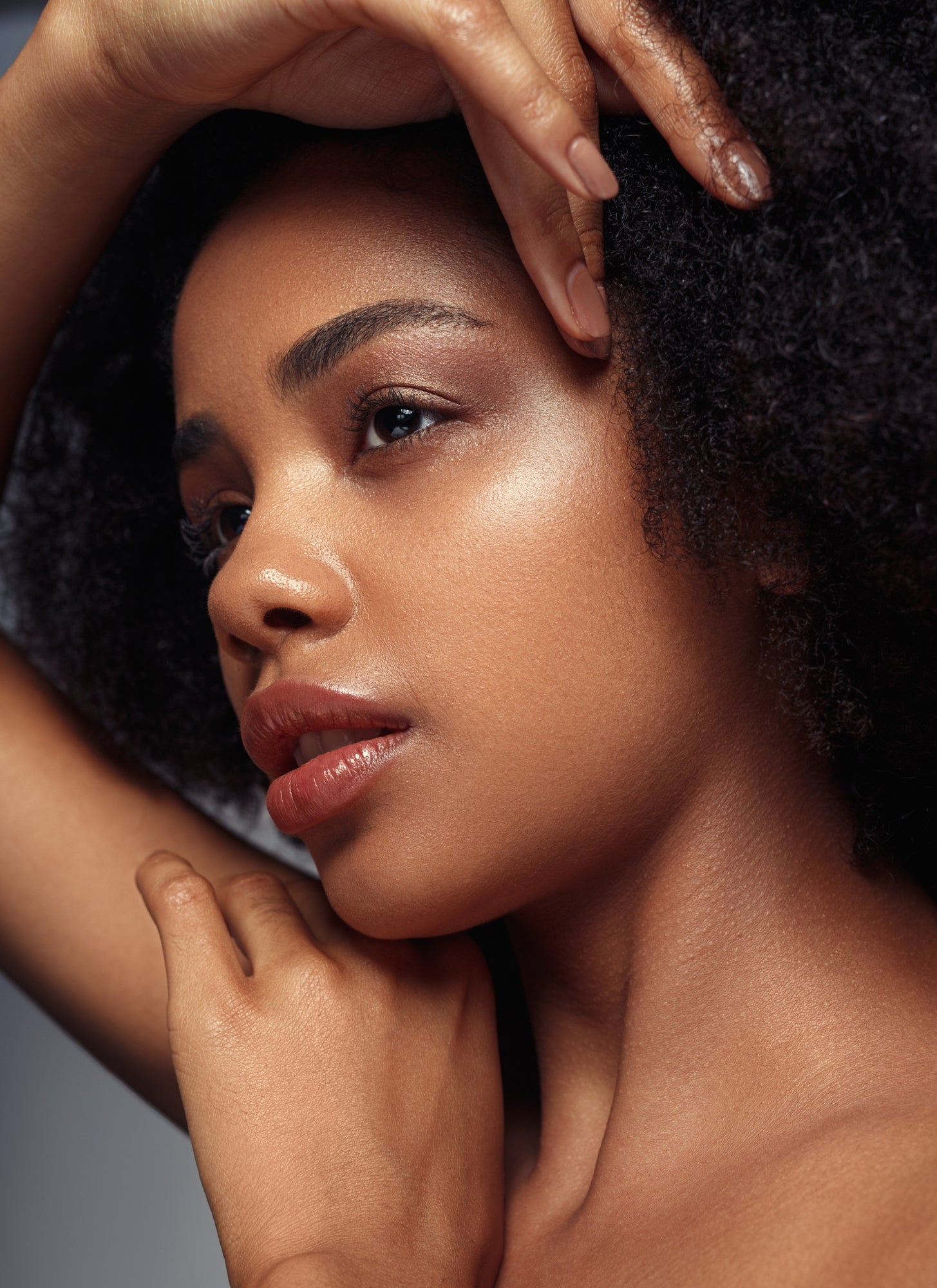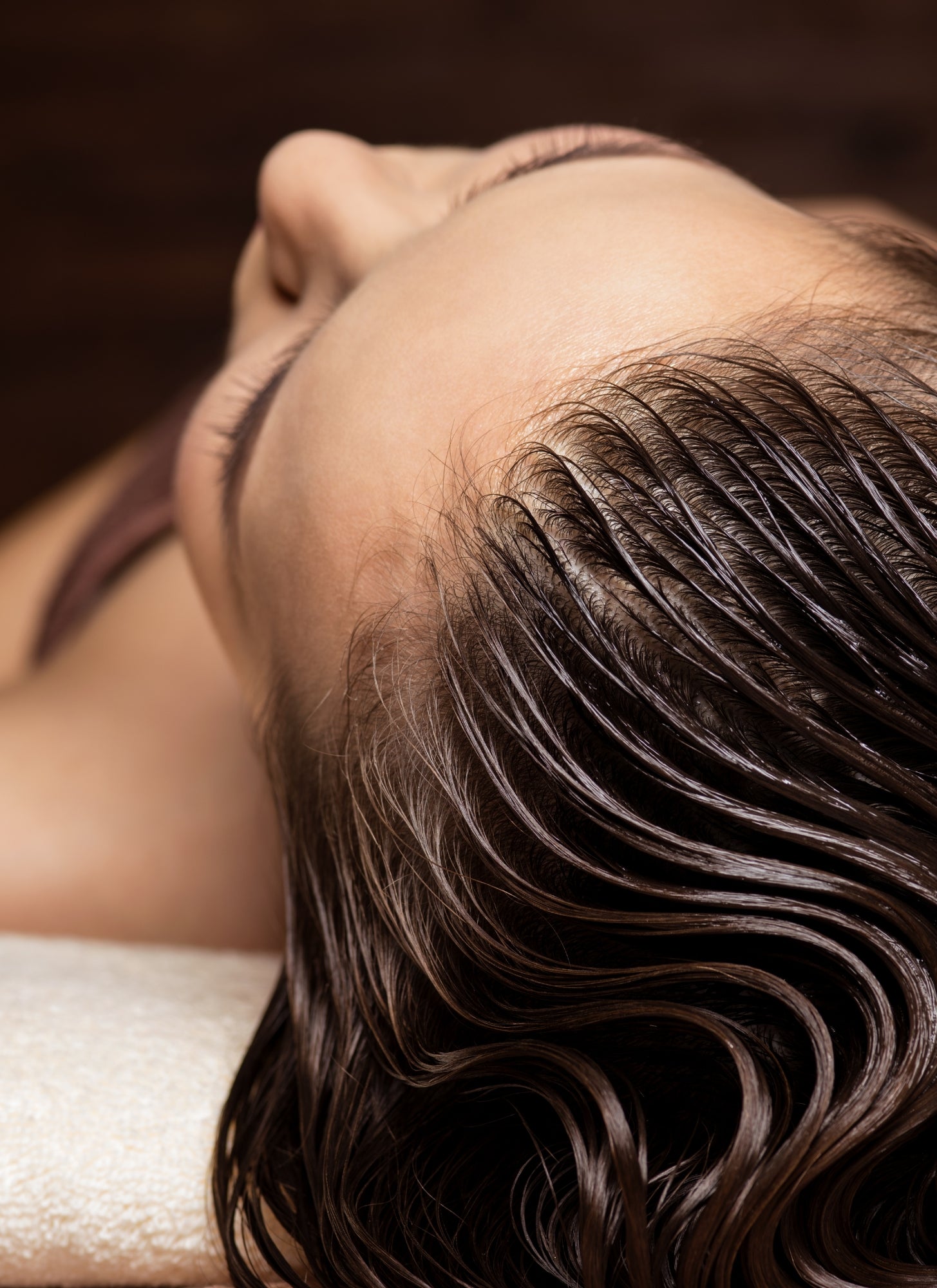Hormones are the unseen puppeteers orchestrating various processes in your body, and your skin is no exception.
From adolescence to menopause, hormonal changes can make or break your skin health, sometimes leaving you puzzled by sudden breakouts or dullness. Let’s unravel how hormones affect your skin and what you can do to stay glowing through the chaos.
Hormonal Phases and Skin Effects
-
Teenage Rollercoaster
During puberty, a surge in hormones like androgens stimulates oil glands, leading to acne. This phase often demands gentle cleansing and lightweight moisturizers to control excess oil while maintaining hydration. -
Pregnancy Glow (or Not)
Pregnancy ushers in fluctuating levels of estrogen and progesterone, which can result in either radiant skin or conditions like melasma (dark patches) and acne. Sunscreen and targeted treatments can help manage these changes safely. -
Menstrual Breakouts
As estrogen and progesterone levels fluctuate during the menstrual cycle, many women experience acne flare-ups. Spot treatments with salicylic acid or tea tree oil can work wonders here. -
Menopause and Dryness
The drop in estrogen during menopause reduces collagen production and skin elasticity, often causing dryness and wrinkles. Rich moisturizers and products with hyaluronic acid and peptides can help restore hydration and firmness.
How to Keep Hormonal Skin Happy
-
Nutrient-Rich Diet
What you eat directly impacts your skin. Incorporate foods rich in omega-3 fatty acids, antioxidants, and vitamins to support skin health from within. -
Hydrate, Hydrate, Hydrate
Hormonal changes often disrupt your skin’s moisture barrier. Drink plenty of water and use hydrating serums or creams to keep your skin supple. -
Smart Skincare Choices
Tailor your skincare routine to your skin’s needs at each phase. For acne-prone skin, opt for non-comedogenic products. For aging skin, look for anti-aging ingredients like retinol and collagen boosters. -
Stress Less
Stress hormones like cortisol can worsen skin conditions. Practice mindfulness or yoga to keep your stress in check and your skin happy. -
Regular Face Masks
Use masks with ingredients like clay for oil control or honey for hydration to address specific skin concerns effectively.
When to Seek Professional Help
While many hormonal skin issues can be managed with proper care, persistent problems like severe acne or sudden changes may require expert intervention. Dermatologists can recommend treatments like hormone therapy, chemical peels, or tailored skincare regimens.
Your skin is a reflection of your internal health. By understanding the interplay between hormones and skin, you can take proactive steps to navigate each phase with confidence and grace. Remember, every skin story is unique, and finding what works for you is a journey worth embracing!





Share:
How Hair Changes with Age: The Hormonal Story
Effortless Hairstyles for Every Hair Length